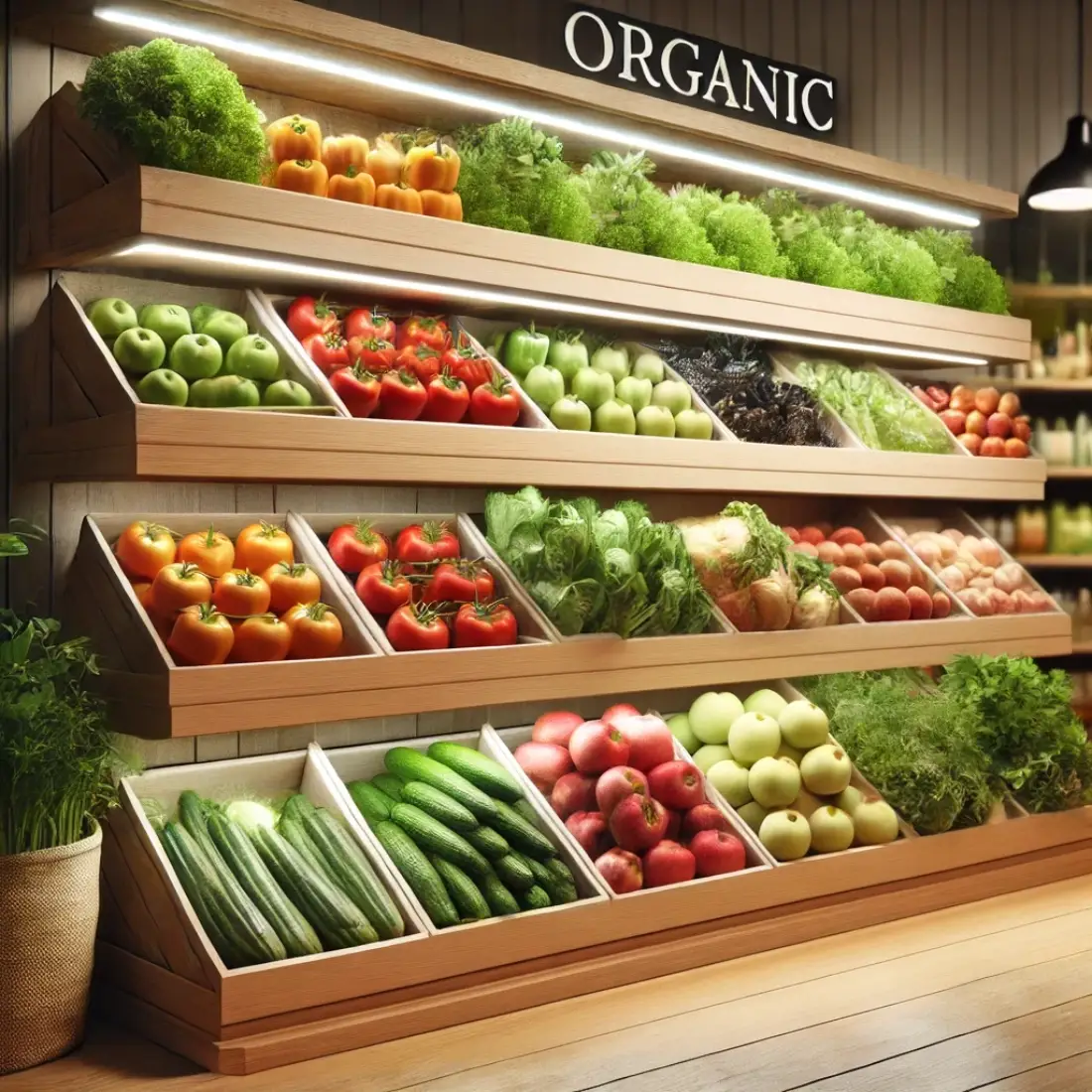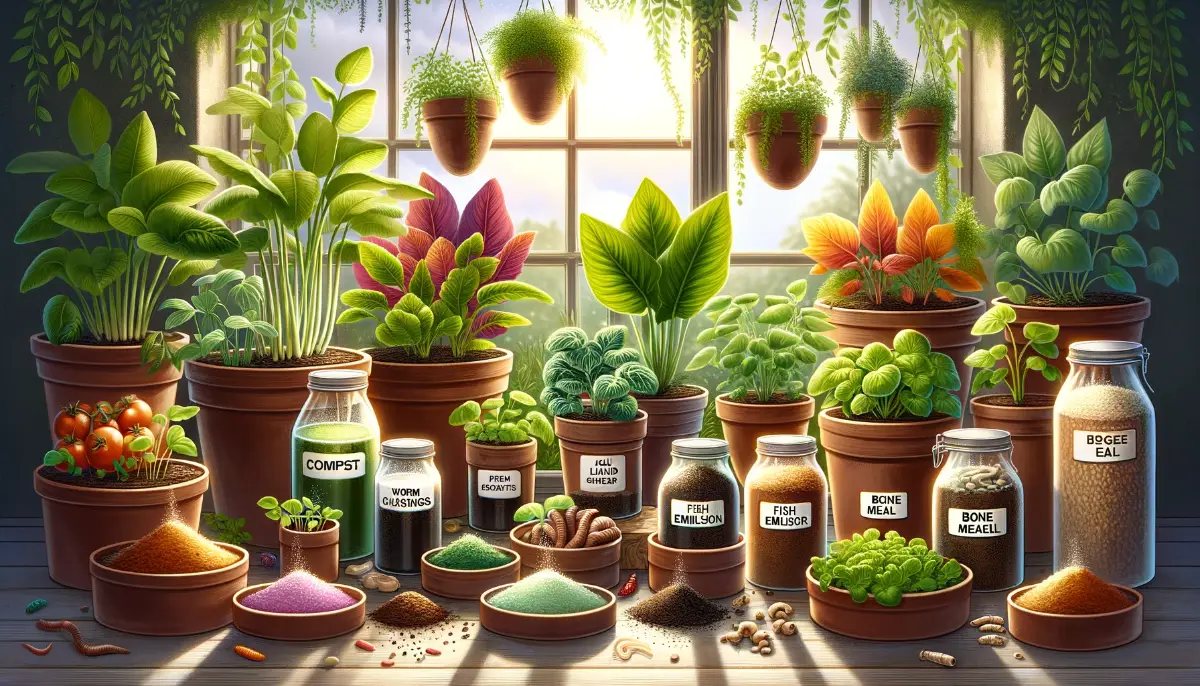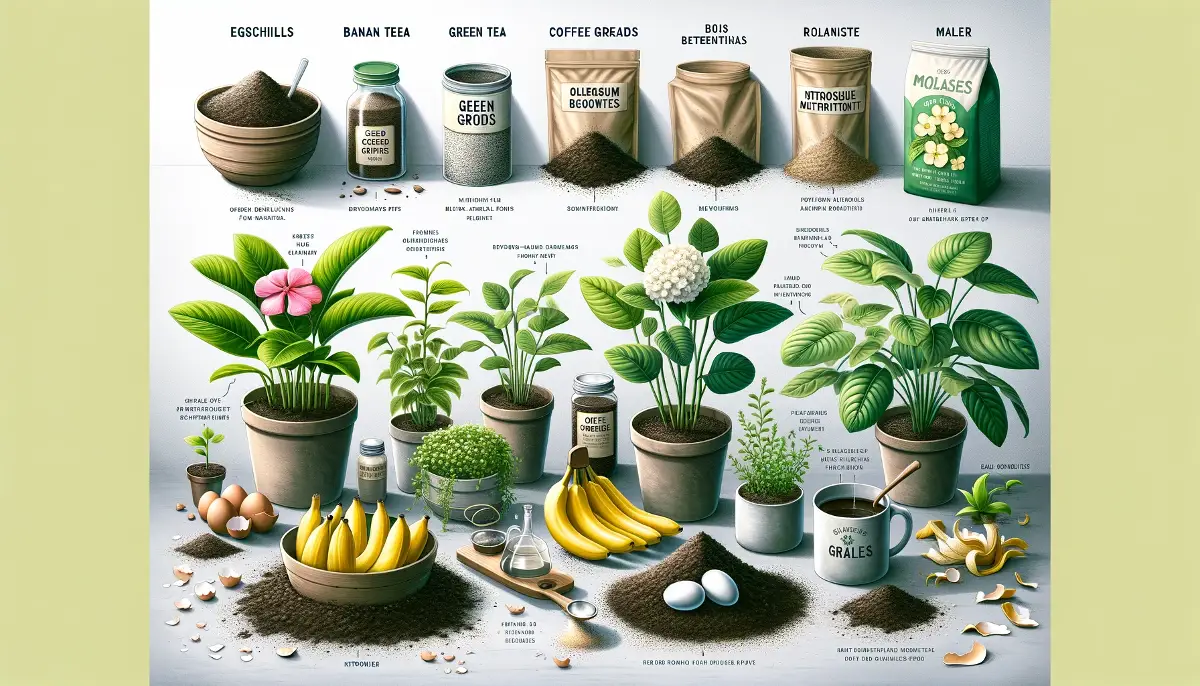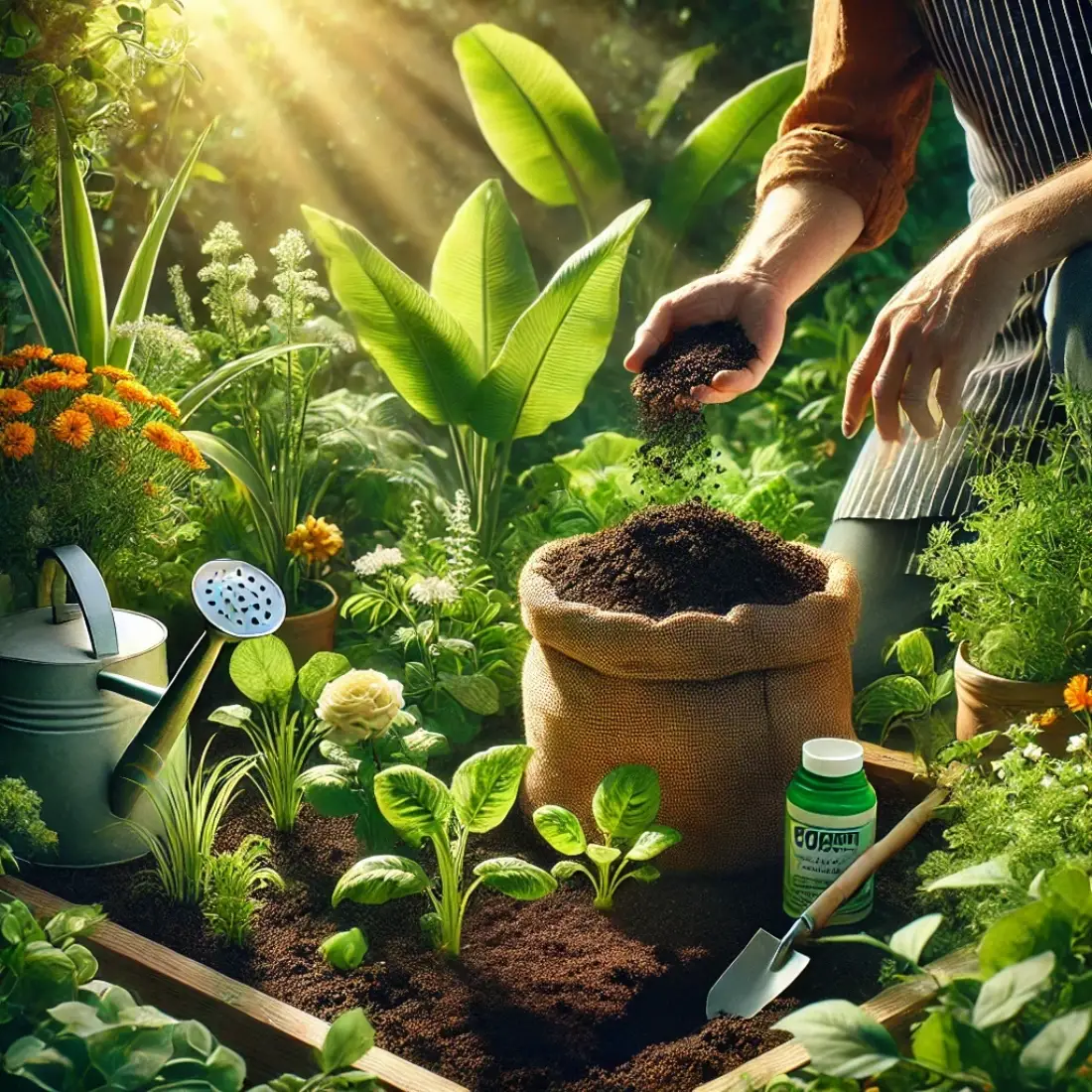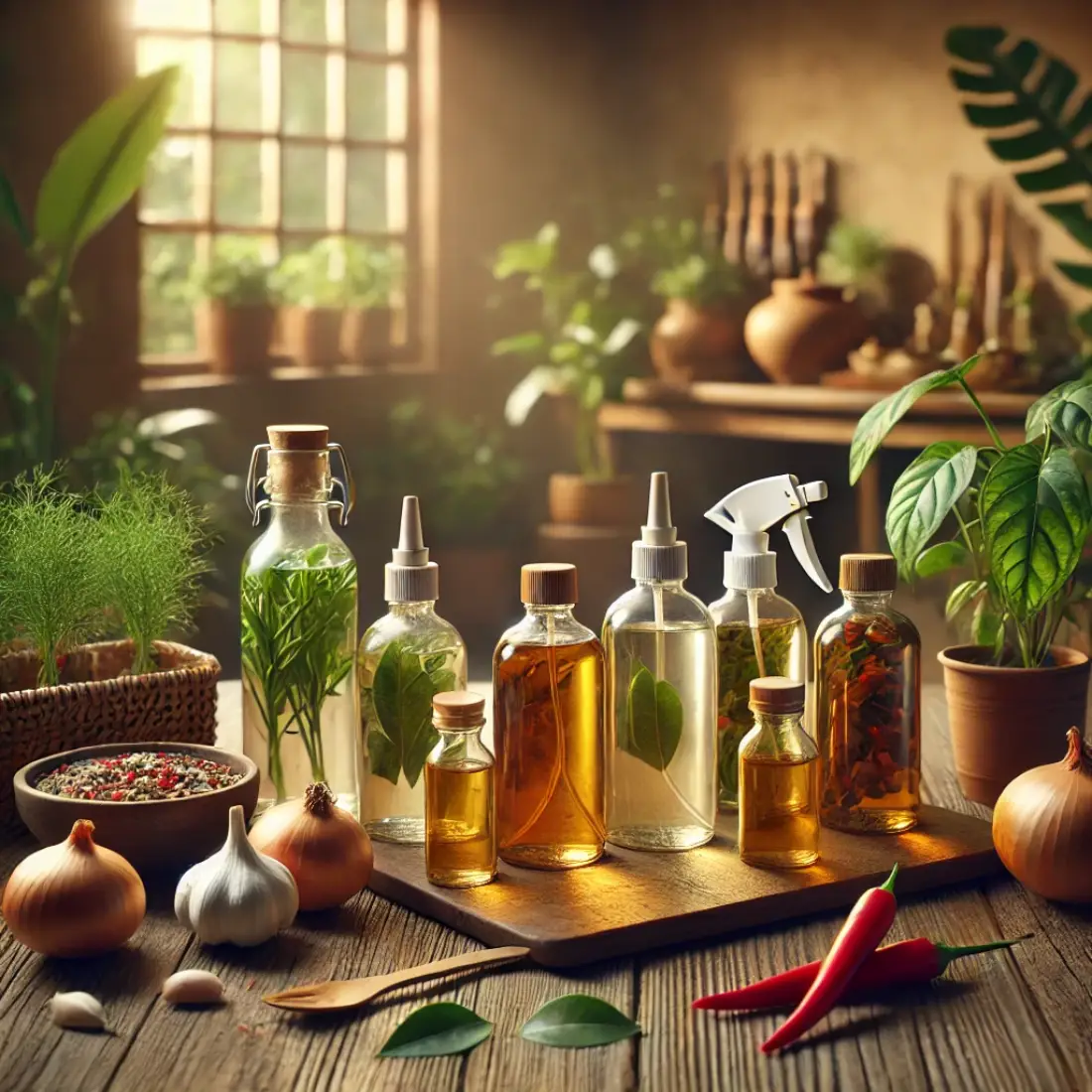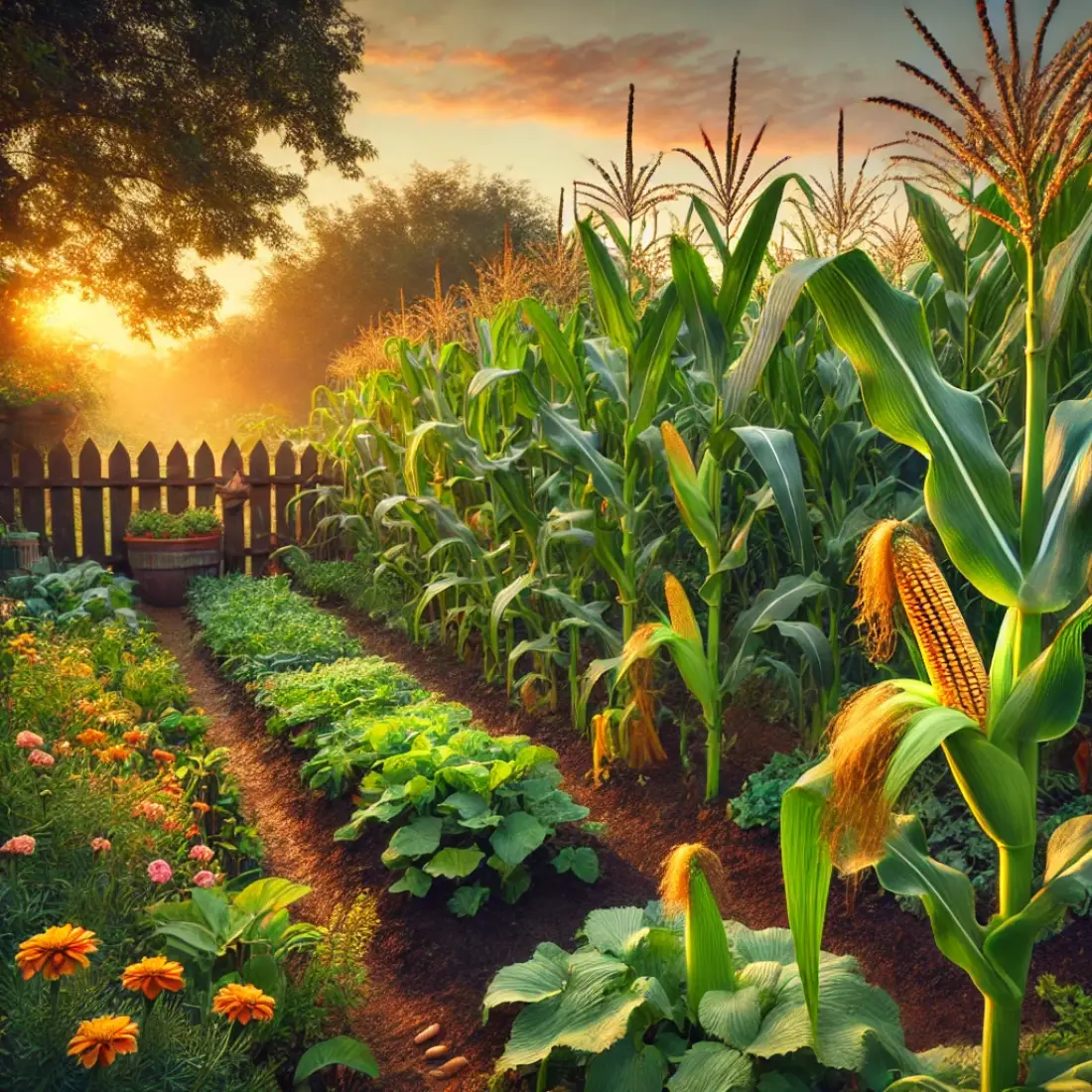When you walk down the grocery store aisles, you’ll see the organic label on everything from apples to avocados. But what does that little label really mean? Is it just a marketing trick, or is organic actually better?
In this deep dive, we’ll compare organic and non-organic plants to help you make informed choices about what you eat and grow.
- Organic foods are grown without synthetic chemicals and often come with eco-friendly farming practices.
- Non-organic foods use pesticides and fertilizers to produce higher yields, but this can lead to environmental and health concerns.
- Knowing the difference can help you choose foods that match your health goals, budget, and environmental values.
Organic vs Non-Organic: What’s the Difference?
What Does “Organic” Mean?
Think of organic like gardening in your own backyard. You wouldn’t want to spray your tomatoes with harmful chemicals, right? Organic farming follows the same principle on a larger scale.
To be labeled organic, crops must be grown without:
- Synthetic pesticides
- Chemical fertilizers
- Genetically Modified Organisms (GMOs)
For example, if you’re buying organic strawberries, you’re getting berries grown with natural fertilizers like compost and without harsh chemicals.
What is Non-Organic?
Now, let’s say you’re buying non-organic strawberries. These might be grown using synthetic pesticides to keep bugs away and chemical fertilizers to make them grow faster. This process is more efficient but can leave behind pesticide residues and contribute to environmental issues.
Agricultural Practices
Farming Techniques
Organic farming techniques include crop rotation, natural pest control, and green manure fertilizers, which help maintain soil health and reduce pollution. In contrast, non-organic farming relies heavily on chemical inputs and often involves monocropping—the practice of growing the same crop year after year on the same land.
Environmental Impacts
Organic farming practices are designed to reduce pollution and conserve water and soil, making them more sustainable. However, organic farming typically has lower yields compared to conventional methods, which some argue could drive up the need for more agricultural land if organic methods were adopted globally.
Cost and Accessibility: Organic vs Non-Organic
Why is Organic Food More Expensive?
Ever notice that organic food is more expensive? This is because organic farming requires:
- More labor (since farmers avoid using chemicals).
- Organic fertilizers like compost, which can be pricier than synthetic options.
- Smaller farm sizes, which means less mass production.
For example, buying organic bananas might cost you 30% more than non-organic, but you’re paying for the extra care taken in their production.
Availability of Organic Products
Organic food is becoming more accessible, but it’s still easier to find in cities than rural areas. Large supermarkets and farmers’ markets often stock organic options, while smaller stores might focus on cheaper, non-organic produce. This means that accessibility to organic food can vary widely depending on where you live.
Health Implications of Organic vs Non-Organic Foods
Are Organic Foods Healthier?
Some studies suggest organic foods have higher levels of certain nutrients, like antioxidants. But the difference isn’t always huge. For example, an organic apple might have slightly more vitamins, but not enough to drastically impact your diet.
However, one major health benefit of organic food is lower pesticide exposure. While washing non-organic produce helps, you can’t completely eliminate chemical residues. That’s why many people prefer to buy organic, especially for fruits and veggies like strawberries, apples, and spinach, which are known for absorbing more pesticides.
The Health Risks of Non-Organic Foods
The big concern with non-organic foods is the potential health effects of long-term pesticide exposure. Although pesticide levels are regulated, some studies suggest that eating large amounts of non-organic produce over time may increase the risk of certain health issues, particularly for children and pregnant women.

Alternatives to Roundup
Roundup products contain glyphosate, a chemical linked to cancer and other illnesses. Chemical alternatives to Roundup can also contain toxic ingredients, but safe alternatives include soap-, vinegar-, salt- or iron-based sprays, mulching and integrated weed management.
More information about Roundup Alternatives:
https://www.drugwatch.com/roundup/alternatives/
FAQs on Organic vs. Non-Organic Plants
What defines a plant as organic?
A plant is labeled organic if it is grown without synthetic pesticides, fertilizers, genetically modified organisms (GMOs), and with respect for natural growth cycles.
Are organic foods more nutritious than non-organic foods?
Some studies suggest that organic foods may contain higher levels of certain nutrients, like antioxidants and omega-3 fatty acids, but the differences are often small and vary by type of food.
Do organic foods have fewer pesticides?
Yes, organic produce generally contains fewer pesticides than non-organic. Organic farming uses natural pesticides which are less harmful than synthetic ones used in conventional farming.
Is organic farming better for the environment?
Organic farming practices are designed to reduce pollution, conserve water and soil, promote biodiversity, and reduce the carbon footprint, making them more sustainable than conventional methods.
Why are organic products more expensive?
Organic products often cost more due to more labor-intensive agricultural practices, lower yields, and sometimes the higher cost of organic feed for livestock.
Can washing non-organic produce remove all pesticides?
Washing can reduce but not completely remove pesticides. Peeling and cooking can further decrease pesticide levels but also reduce nutritional content.
What is the shelf life of organic produce compared to non-organic?
Organic produce might spoil faster than non-organic because it lacks preservatives. Proper storage is essential to extend its shelf life.
Are there any health risks associated with non-organic foods?
Non-organic foods may carry higher risks of pesticide exposure, which has been linked to health issues such as hormonal disruptions and increased risk of chronic diseases, although conventional products still meet regulatory safety standards.
How can I identify if a product is truly organic?
In most countries, organic products are certified and carry an official organic seal that indicates they meet the strict guidelines governing organic agriculture.
What should I consider when deciding between organic and non-organic?
Consider factors such as dietary preferences, budget constraints, environmental concerns, and potential health benefits. The choice often depends on personal values and the specific needs of your household.


